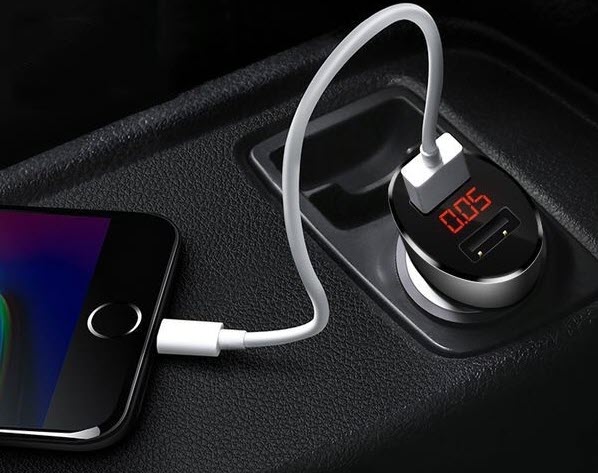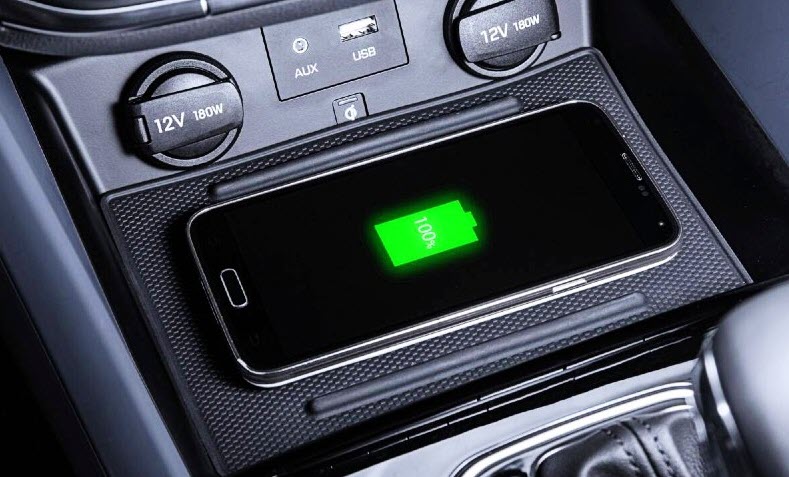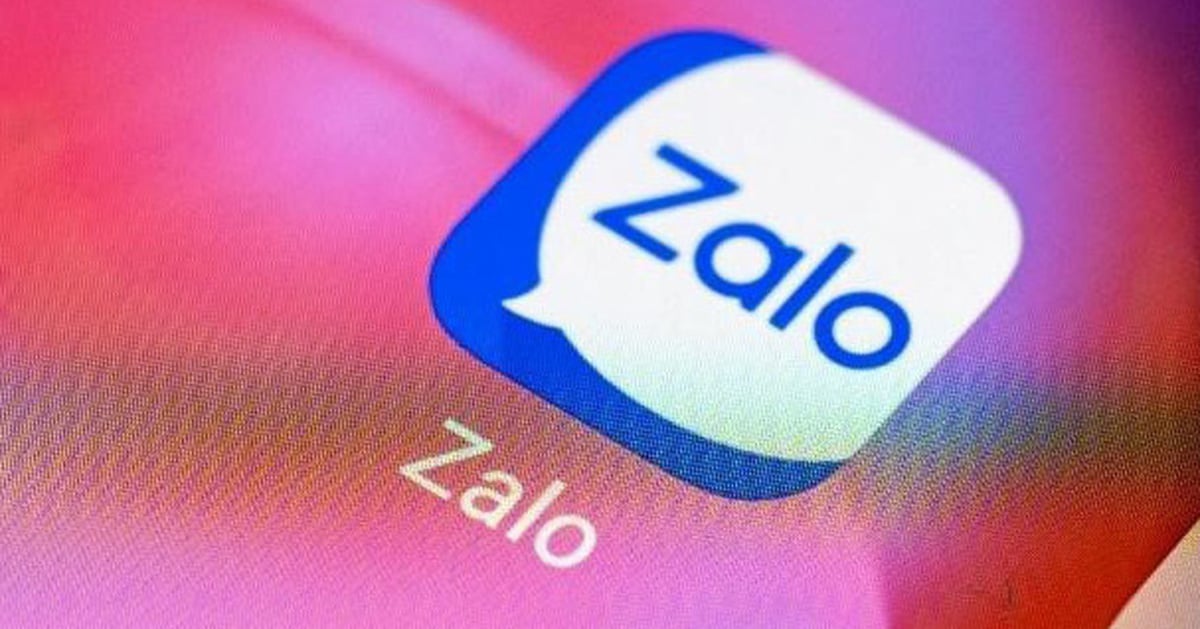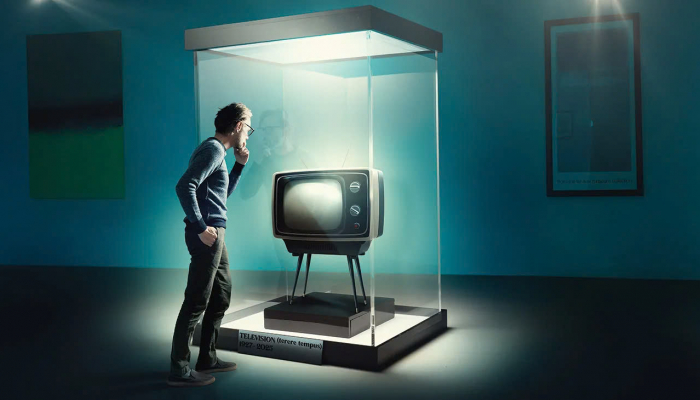Potential risks of charging your phone in your car:
Unstable power supply
Most cars use batteries as a power source to charge mobile devices. However, this poses a problem with the stability of the power supply. Batteries produce unstable, direct current. This increases the risk of short circuits and can lead to fires.
Longer charging time
Charging your phone in a car usually takes longer than charging at home from a 220V AC source. This action not only wastes time but also affects the battery life of the phone, as it often has to operate for a long time.
Solution:
Separate car charger
To minimize the risk, experts recommend purchasing a separate car charger. This charger is capable of converting DC current from the battery into 220V AC current suitable for all mobile devices and especially reduces the risk of fire and explosion.
Cigarette lighter instead of USB port in car
Another important note is to avoid charging via the USB port in your car. Although convenient, USB ports often have low amperage, making charging take longer.

Use a cigarette lighter charger instead of a USB port in your car.
Wireless charging
A safe and convenient solution is to use a wireless charger. This charger integrates Qi wireless technology and a stand. Place your phone on the stand and it will automatically charge without connecting via USB port.

Wireless charging for phones in cars
Additional notes:
Do not charge the phone while in use.
Avoid overnight charging.
Do not charge multiple devices at the same time to ensure faster charging.
Conclusion: Charging your phone in your car can be convenient, but it also comes with a number of worrying risks. To ensure the safety and longevity of your mobile device, consider using safe solutions and limit your car charging habits.
Source





























































Comment (0)